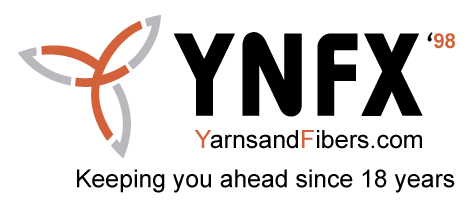Related Keywords: carpet and polyester textile, densified polyester fibers and on PET plastic, monoethylene glycol (MEG) and dimethyl terephthalate (DMT) for the manufacture of virgin-grade Loop-branded PET resin and polyester fiber, PE/PA, PE/PET, PE/PP, PET waste, plastic bottles and packaging, plastic value chain, Plastics are indispensable parts, polyester fiber, polyester that appears in many packaging and clothing applications, polyethylene business, polyethylene terephthalate, polymers, polypropylene (PP) and high-density polyethylene (HDPE), virgin-grade polymers
Plastics are indispensable parts of almost every sector of the economy, with wide-ranging economic, environmental and convenience benefits in their use stage. But increasingly, the sheer volume of plastics produced (estimated at well over 300 million metric tons annually) presents environmental risks if the material is not captured, and represents a waste of resources if the material is disposed of in landfills.

